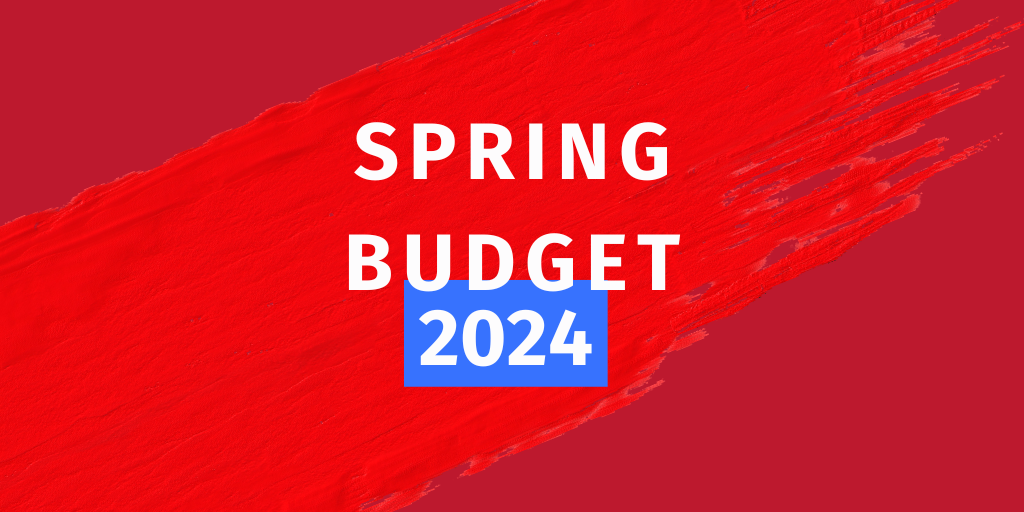Over the past few years, there has been an increase in customers buying goods and services using digital platforms and this has accelerated during the pandemic. This article will cover exactly what cryptoassets are and the tax treatment of crypto for both individuals and businesses.
What are Cryptoassets?
Cryptoassets, also known as ‘tokens’ or ‘cryptocurrencies’ or’crypto’, are cryptographically secured digital representations of value or contractual rights that can be:
- Transferred
- Stored
- Traded electronically
There are numerous types of cryptoassets and they each work in different ways. The main 4 types of cryptoasset that you may encounter are as follows:
- Exchange tokens – Intended to be used as a means of payment and this includes the most well know token, the bitcoin.
- Utility tokens – This provides the holder with access to particular goods or services on a platform. This is usually where a business will issue tokens and commit to accepting the tokens as payment for particular goods or services.
- Security tokens – This provides the holder with particular rights or interests in a business, such as ownership or entitlement to a share in future profits.
- Stable coins – These tokens minimise volatility as they are aligned to something that is considered to have a stable value, such as precious metals.
How HMRC Treats Cryptoassets
The tax treatment of all types of tokens is dependent on the nature and use of the tokens. It is not based on the definition of the token. HMRC does not consider the cryptoasset to be currency or money.
Tax Treatment of Cryptoassets for Individuals
Income Tax Treatment
The cryptoasset activity must be recognised as a trading activity for income tax rules to apply. To determine if a trading activity has taken place, HMRC will apply a series of tests known as ‘The Badges of Trade’. Any profits from this activity will be subject to income tax at an individual’s marginal rates (20%, 40% and 45%). There will also be Class 2 and 4 National Insurance due at the current rates applicable.
Capital Gains Tax Treatment
Where the transactions in cryptoassets are regarded as a personal investment, then they should be treated as a chargeable asset for Capital Gains Tax (‘CGT’) purposes. Any gain realised on a cryptoasset bought and subsequently sold, is subject to CGT at the current rate of 10% for a basic rate taxpayer and 20% for a higher rate taxpayer. Losses realised in the same way, can only be relieved against capital gains chargeable to CGT.
Non-Domiciled Individuals
The nature of cryptoassets is that they are decentralised, digital in nature, and do not have a physical location. Thus, determining the location or ‘situs’ of an asset is important for UK resident, non-domiciled individuals as it can change the tax consequences.
HMRC guidance has stated that the location of a cryptoasset is wherever the beneficial owner is resident. If the cryptoasset owner is resident in the UK, then the cryptoasset may also be located in the UK.
There is a need to watch out for the circumstances in which a UK resident, non-UK domiciled individual purchases cryptoassets using their untaxed foreign income or gains. They may have remitted those funds into the UK and triggered a tax liability on acquisition. If the individual then disposes of the cryptoasset and makes a gain, then the gain may also be taxable in the UK, without the benefit of the remittance basis of taxation.
Tax Treatment of Cryptoassets for Companies
Numerous transactions in cryptoassets by a company will invariably be regarded as trading for tax purposes. These profits will be subject to corporation tax at the current rate applicable (currently 19% for 2021 financial year). Any losses arising from cryptoassets are dealt with in the same manner as a trading loss.
However, if a business is not trading in cryptoassets, any profits will be treated as a chargeable gain for companies. The calculation of the gain would follow the pooling rules which also apply to shares and securities.
How We Can Help Crypto Investors
We are aware that HMRC are showing an increasing interest in Cryptoassets and their latest ‘nudge letter’ campaign will reportedly target UK taxpayers who may have failed to properly pay tax on their cryptoassets.
HMRC are now armed with data gathered from cryptoasset exchanges and other sources, meaning that investigations into the UK tax affairs of crypto investors are likely to be imminent.
Any taxpayers who receive a nudge letter, or who may be generally concerned about their tax position in respect of cryptoassets, should contact us as soon as possible to discuss the position. Please get in touch with Karen Dyerson, for more information.





